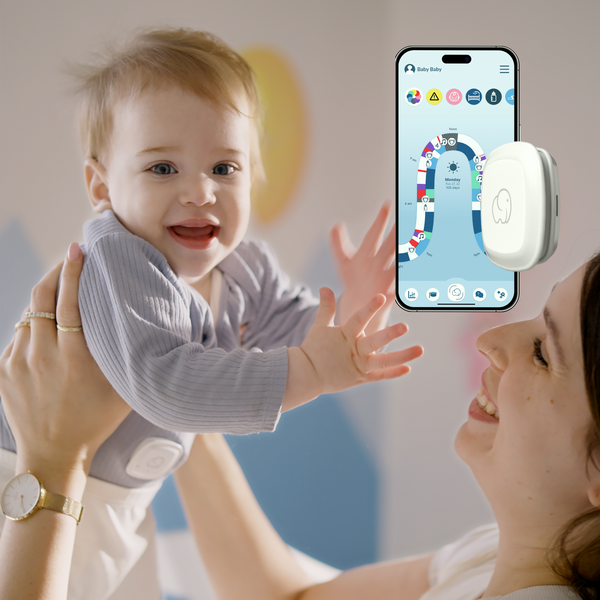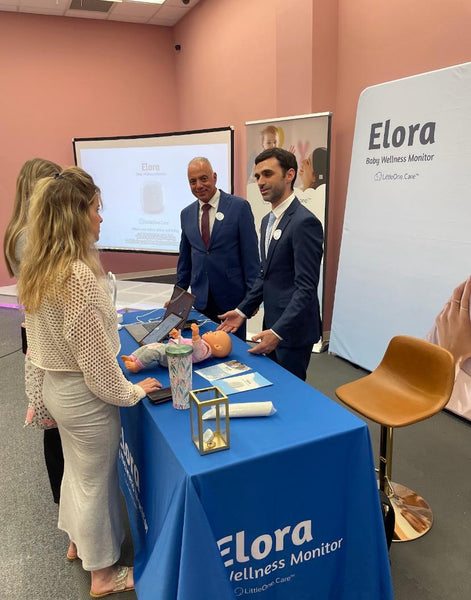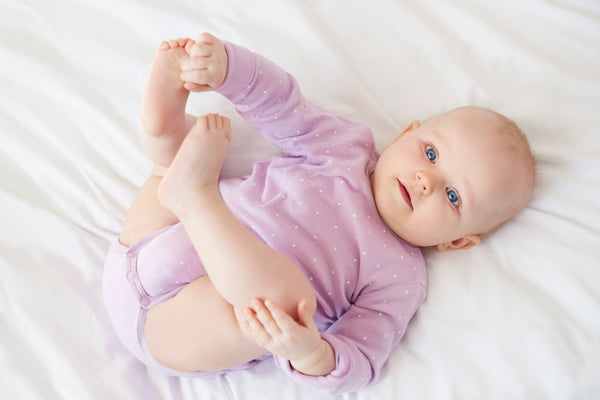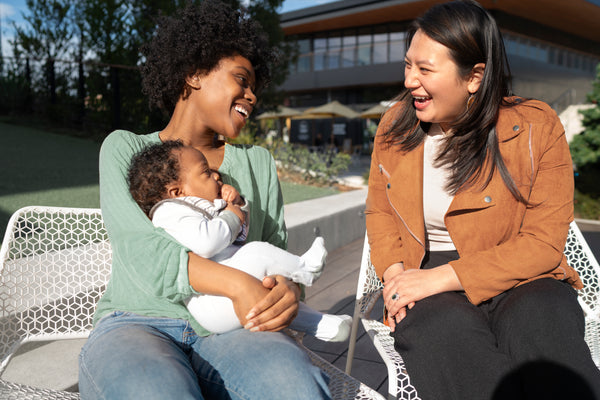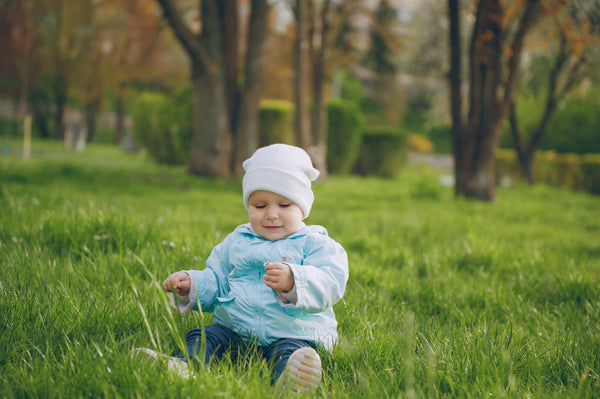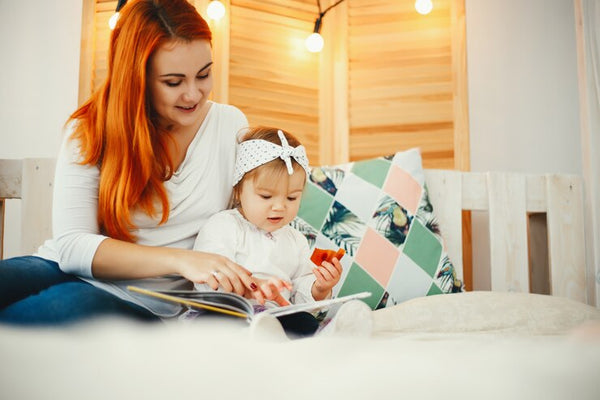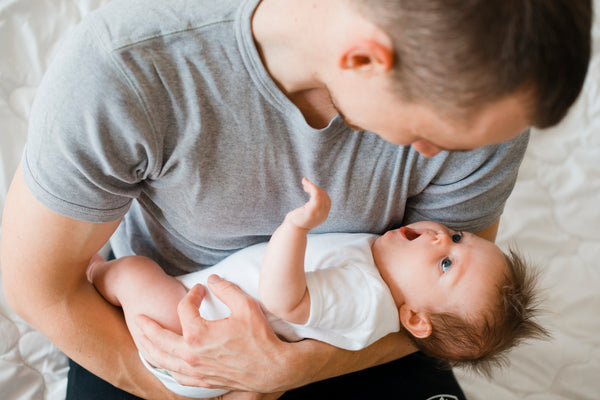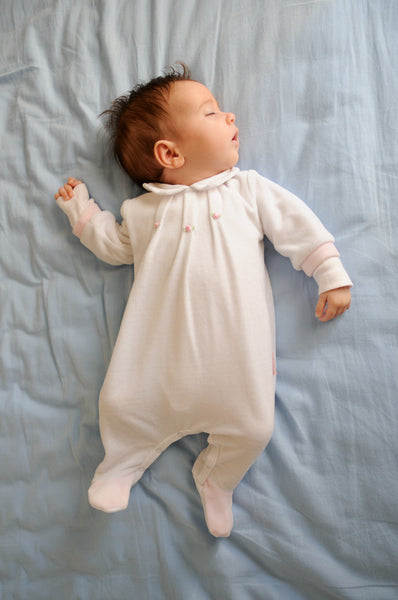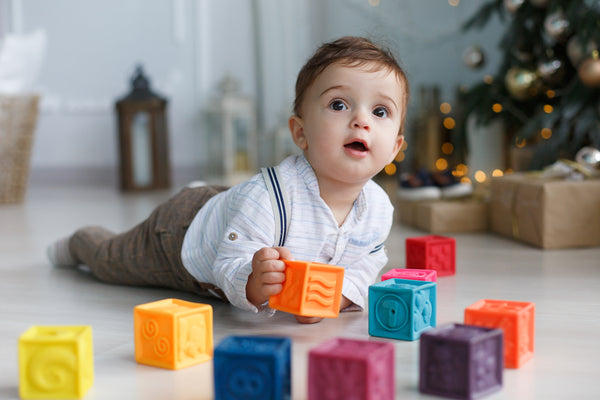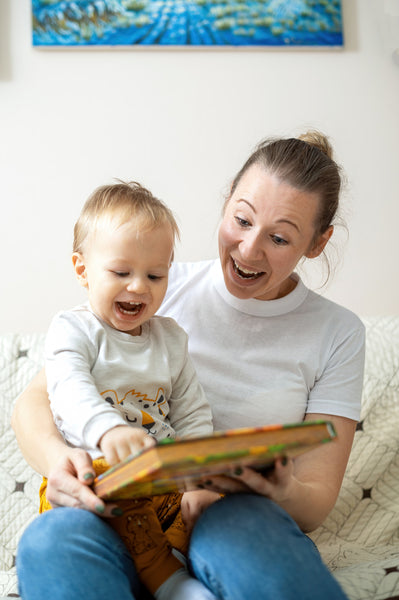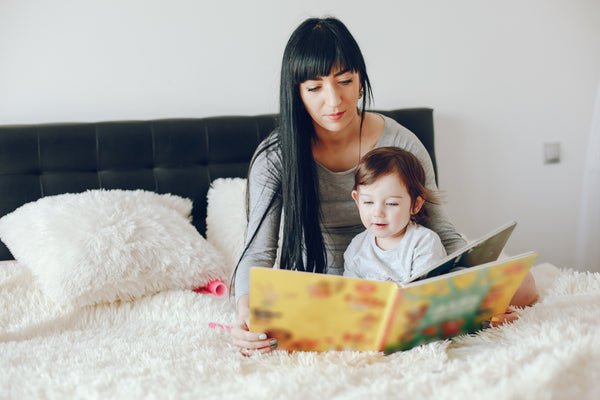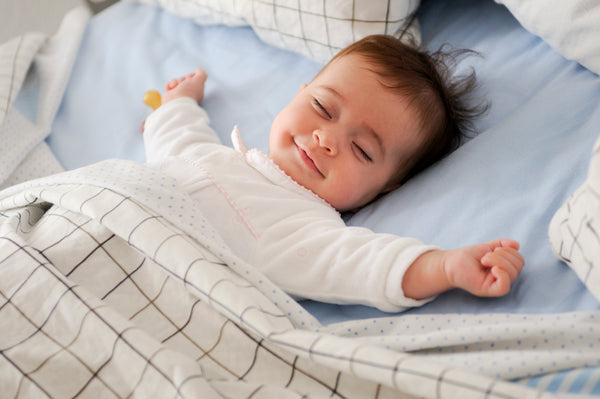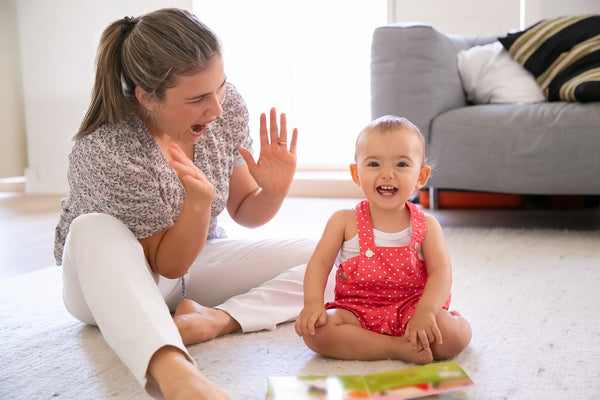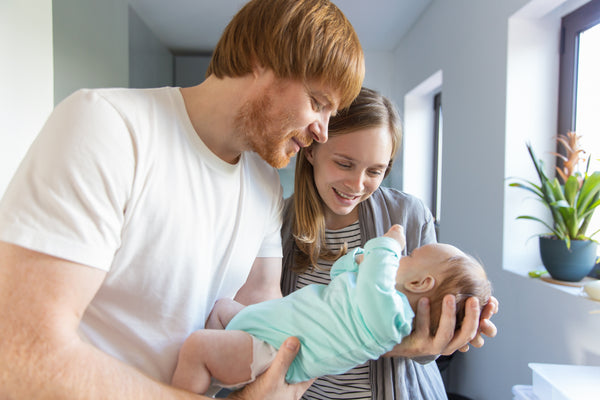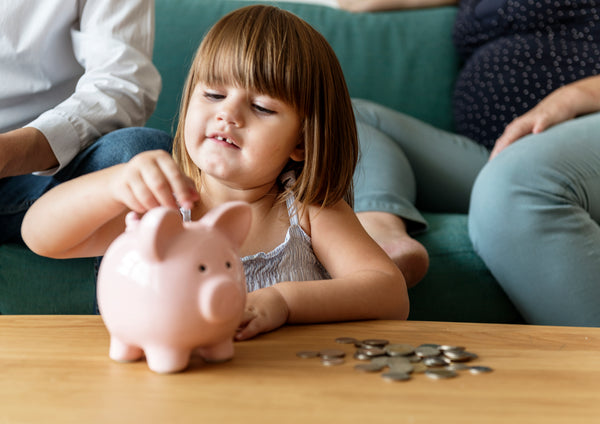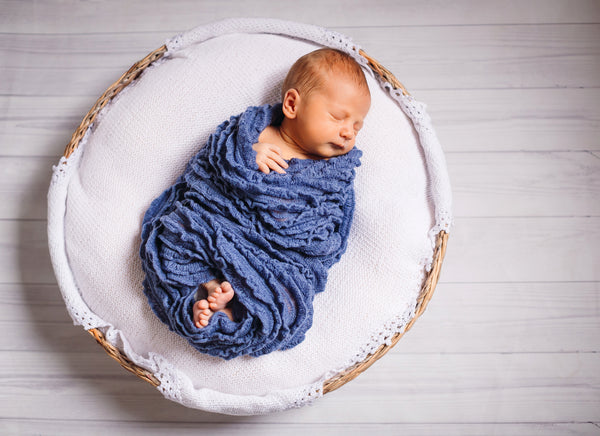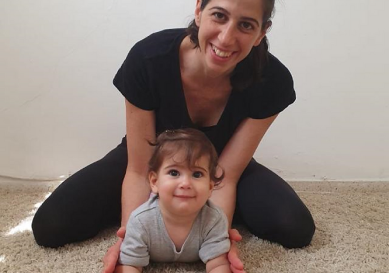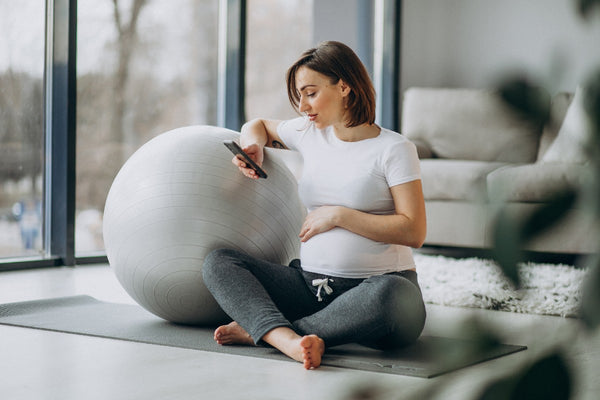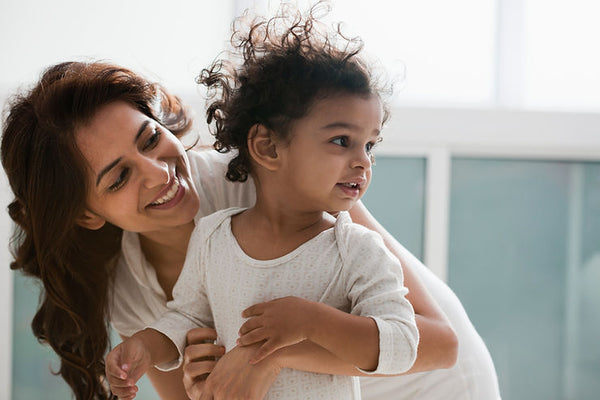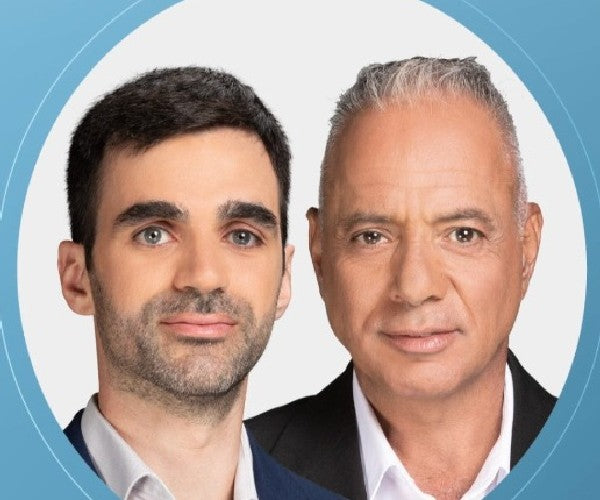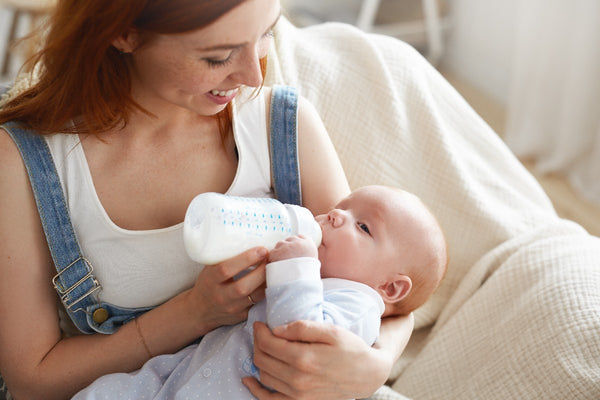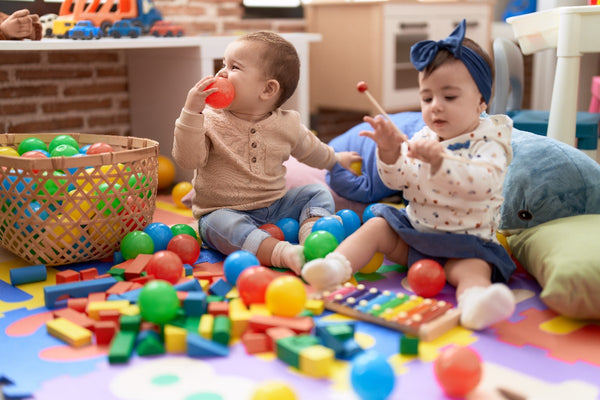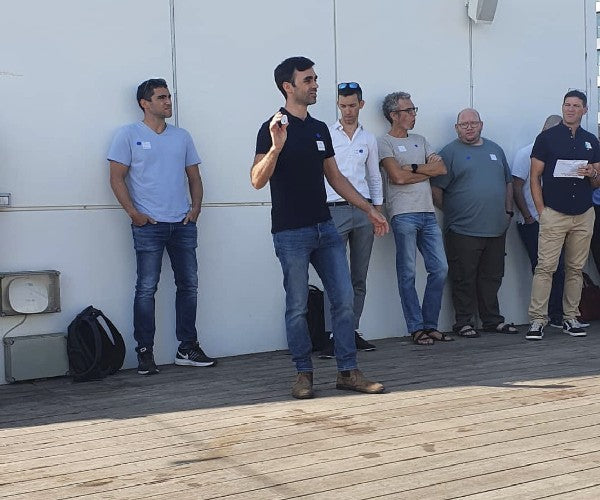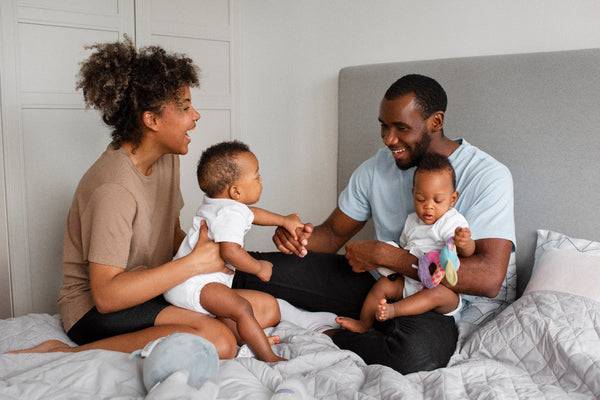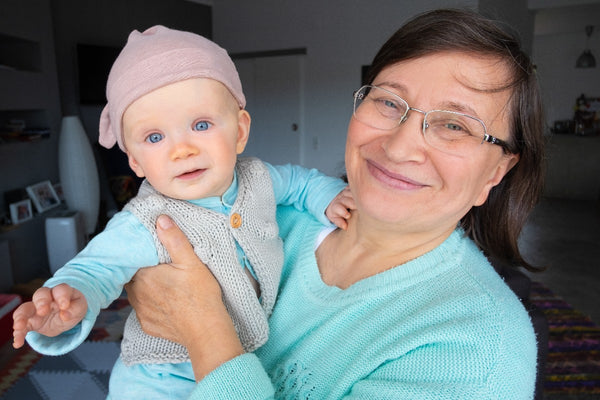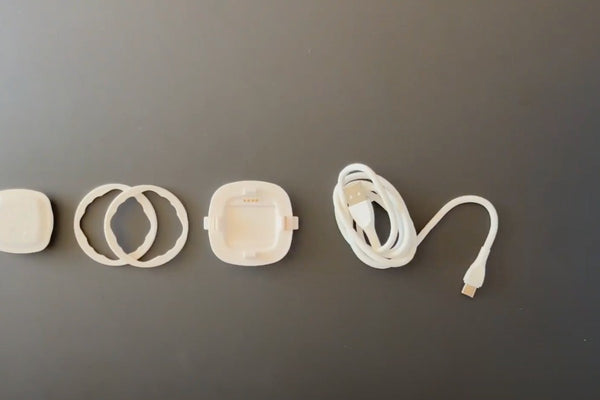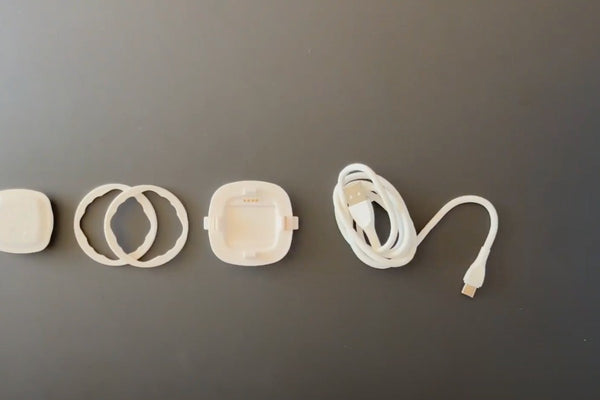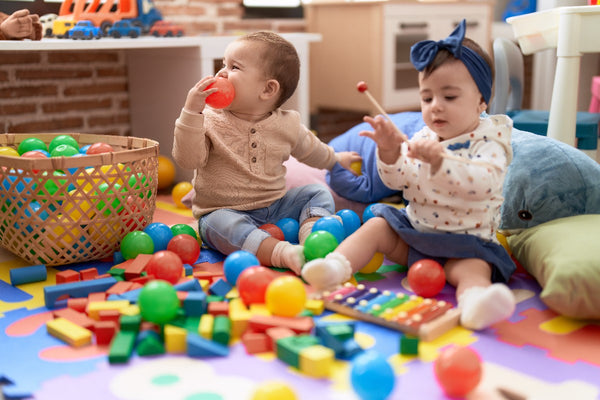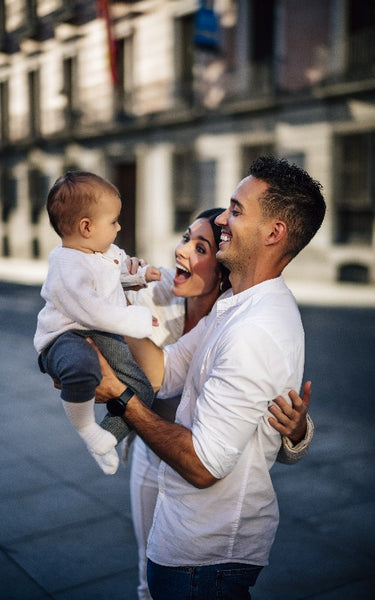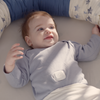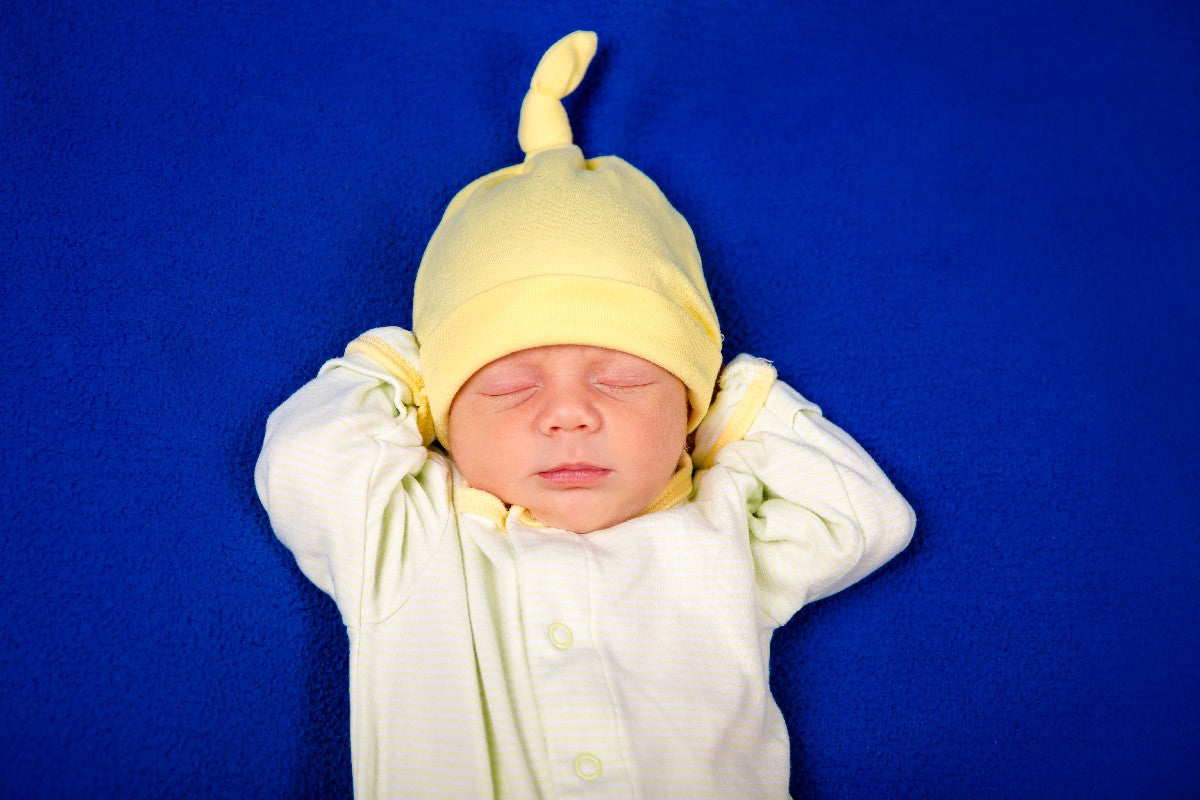
Sleep Signs - Definitely Detectable, Certainly Measurable
Know your baby is ready to sleep before it's too late.
The internet is full of information about babies’ sleeping signs. There is a small window of opportunity which parents often find difficult to identify. In fact, parents testify that is one of the most challenging issues they face, especially during the infancy stage.
The result - sleepless cranky babies, leading sleepless cranky parents.
The importance of sleep - for babies
A baby’s well being highly depends on their sleeping habits. The ‘National Sleep Foundation’ (an unexpected, yet important organization) describes sleeping as one of the main factors for healthy development in children: “A child will spend 40 percent of his or her childhood asleep” they say.
Why? Because they are highly active during the day, which means their little bodies need proper rest to maintain their energy level and continue developing. In addition, while asleep, the baby's brain absorbs all the daily learning and stores it.
How often do babies sleep?
Newborns sleep anywhere between 10.5 to 18 hours each day with an irregular schedule and only one to three hours awake. Infants typically sleep 9-12 hours during the night and take 30 minutes to two-hour naps, one to four times a day – fewer as they reach age one. By the time they are toddlers, they need about 11-14 hours of sleep in a 24-hour period.
Are you comparing your child to the statistics? Don’t - at the end of the day, each child is really unique.
What are the signs your baby is ready to sleep?
Here are some of the common signs your baby is ready to sleep. Some are really ‘famous’ and obvious...but some may be a new revelation for you:
Red around the eyes, eyes not focused, yawning (obviously), decreased activity and energy level, slower actions, less noisy, less interactive, sucking is weaker, appears disinterested, eyelids drooping, fussiness (another obvious one), difficult to keep happy.
Sounds familiar?
Helping your baby fall asleep.
So, if sleep is so important for the baby’s wellbeing, how can we help them regulate their schedule?
First, we need to know what the baby is feeling and needing. Find out if they are in pain, hungry, or need a diaper change. Learn if the noise around is interrupting their sleep habits. In addition, any expert will tell you that a normal daily rhythm is essential. Do the same things each day, at the same time. Bathing, feeding, walks in the park, and so on. As the infant grows, they will appreciate the routine and relax into healthy sleeping habits.
One element that can help with the sleeping routine is - technology.
Technology for the millennial parent is almost like - eating or breathing. Young parents consider technology as the new ‘advisor’, replacing what used to be the roles of grandparents and communities. They turn to Google before scheduling a doctor’s appointment.
The real breakthrough is the technology provided by the Elora Baby Wellness Monitor
Elora enables a true measurement of your baby’s daily activity - including their sleeping habits. It monitors how much the baby slept throughout the day, what happened before and after. Elora also knows how playful the baby was during the day, what, and how much they ate. This data is important because it teaches useful patterns that parents and caregivers can learn from, and behave accordingly.
Elora monitors and understands the baby’s needs and sends actionable tips for parents, through an easy-to-use app.
Ultimately, both parents and babies get their much-needed sleep.
Want to know more? Join us
If you are a parent of a little one, come and join our LittleOne.Care family.
If you are an investor, talk to us about tapping into this huge baby and parent market.
If you are a mentor who works with parents join our interesting opportunity
